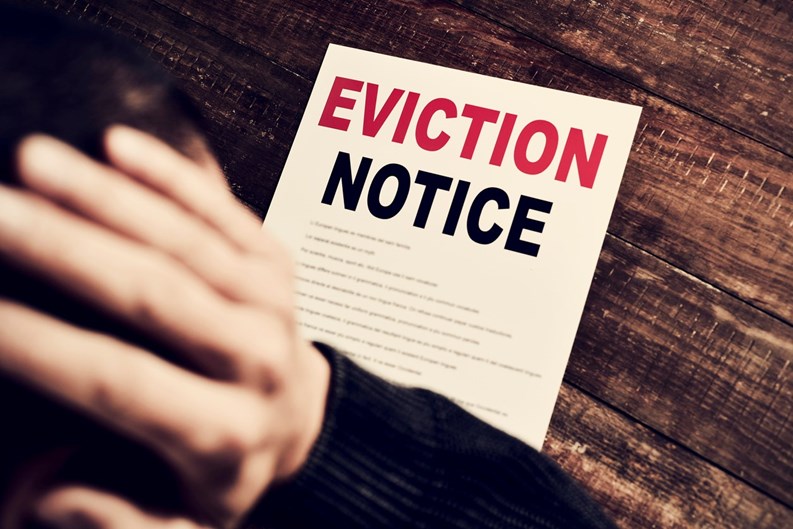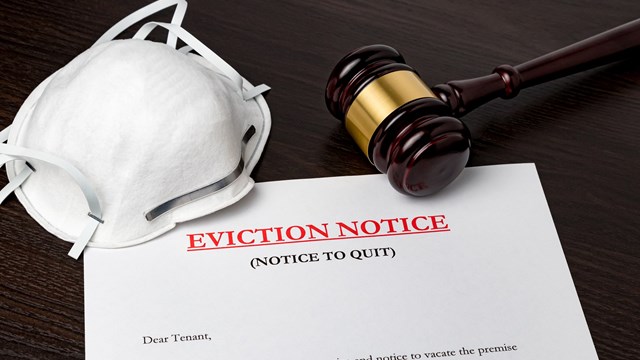It’s a very unpleasant but often common situation in community living: the moment when the association has to evict or eject an owner or tenant. It could be for a variety of reasons, but mostly due to the delinquency of the person to pay his or her share in order to keep the community running.
Co-op owners own shares in a corporation that owns the building and have a proprietary lease on their unit. They are for all intents and purposes tenants and fall under landlord-tenant law. On the other hand, a condominium is real estate. And while the circumstances may be different, there are ways for a condominium association to evict--or rather eject--an owner. We look at the circumstances and process of how someone could be removed from a condo.
Ejecting an Owner
The case of the Heywood Condominium in New York City’s Chelsea neighborhood illustrates the process. The condominium successfully ejected a former unit owner who had failed to pay his common charges for several years.
“When an association is owed back common charges, they can file a lien against the unit and the unit owner and begin a foreclosure action," says attorney Mark Hakim of the Manhattan firm Schwartz Sladkus Reich Greenberg Atlas, which represented the condominium. “During the foreclosure action, the association can request that the court appoint a receiver to collect rent from the unit. That rent will be at market rate for the unit, generally a much higher dollar amount than the common charges.
“If the owner is still occupying the unit and refuses to pay the rent ordered by the receiver,” Hakim continues, “an action for ejection can be brought and the in-foreclosure owner/occupant can be removed for non-compliance with the receiver’s order.”
He also explains that unless something is spelled out explicitly in the governing documents, it is extremely difficult to move against an owner with ejection. “If it’s not specifically spelled out in the governing documents, [then] no,” says Hakim.
Leased Units and Evictions
Leasing out a condominium unit is a much easier proposition than subletting a co-op, one of the main reasons people buy condos over co-ops. At the same time, it’s a lot easier for a co-op board to remove a sub-lessor than for a condo association to extricate a tenant from a unit leased by its owner.
Hakim explains that even if a tenant in an owned unit is breaking the condominium association’s rules, the association is not in a position to remove the tenant. It doesn’t have privity -- the legal term for a close, mutual or successive relationship to the same right of property -- or the power to enforce a promise or warranty, an important concept in contract law. The association has only a ‘right-of-first-refusal’ over leasing or sale of a unit at the time of sale or lease. If the association doesn’t exercise that right at that time, it can’t be exercised later.
The only circumstance in which the association might have some rights to move against the offending tenant is if there is something very specific in the governing documents about allowing the condominium to take action against a unit owner’s tenant. If it’s not in the documents, the association likely does not have legal standing.
Perhaps most interestingly is that if a unit owner has a defaulting tenant-- i.e., the renter stops paying the rent for the unit--the association has no position or obligation to help the owner to collect rents. That unit belongs to the owner. So if the tenant defaults, the unit owner must take action to collect the rent or evict the tenant. But if the unit owner defaults on payment of common charges, the association can begin an action to foreclose, collect rent through a receiver, and ultimately eject the owner.
AJ Sidransky is a staff writer at The Cooperator and a published novelist.







Comments
Leave a Comment